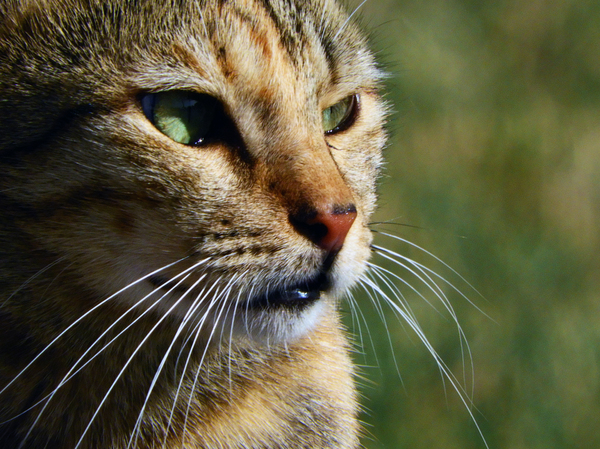Beyond the Scoop: Understanding the Health Dangers of Cat Litter Boxes
Beyond the Scoop: Understanding the Health Dangers of Cat Litter Boxes
Blog Article

Feline owners are no complete strangers to the everyday chore of digging their furry pal's litter box. It's a routine task that's typically neglected, yet vital for preserving a tidy and healthy environment for both cats and their human buddies. However, what numerous family pet owners may not understand is that there are concealed health threats connected with the litter box that can pose risks to both human beings and cats alike. From breathing concerns to parasitic infections, the litter box can harbor a variety of dangers that require careful attention and management.
Among the most typical health risks connected with the litter box is breathing concerns. Cat litter, especially clay-based varieties, can consist of fine dust particles that become air-borne when interrupted during scooping or when cats dig in the litter. These dust particles can be inhaled by both felines and human beings, causing respiratory irritation and intensifying conditions such as asthma or allergic reactions. In many cases, prolonged direct exposure to litter dust can even trigger more severe respiratory problems in both cats and their owners.
To lessen breathing threats, it's necessary to select low-dust or dust-free litter choices and to scoop the litter box in a well-ventilated location. Using a dust mask while cleaning up the litter box can likewise help decrease exposure to airborne particles, particularly for individuals with respiratory level of sensitivities.
Another substantial health threat related to the litter box is the capacity for parasitic infections, especially from Toxoplasma gondii, a typical parasite discovered in feline feces. While the majority of healthy people might not experience signs if contaminated, pregnant females and Pine Pellet Cat Litter people with weakened body immune systems are at greater threat of establishing extreme problems, consisting of abnormality and neurological conditions.
To lessen the threat of parasitic infections, pregnant ladies must prevent cleaning the litter box entirely and delegate this task to another household member. Additionally, all people need to practice excellent health practices, including washing hands thoroughly after managing the litter box or entering into contact with feline feces, to minimize the danger of transmission.
Many commercial feline litters include chemicals and additives that can position health risks to both felines and human beings. For instance, some scented litters may consist of scents or important oils that can irritate delicate breathing systems or set off allergies. Additionally, clumping litters typically include sodium bentonite, a clay product that can broaden when ingested, leading to intestinal obstructions if consumed by felines.
To reduce chemical direct exposure, choose odorless or naturally-scented litters made from eco-friendly materials such as paper, wood, or plant-based options. These environmentally friendly options are not just much safer for your feline's health but likewise much better for the environment.
The litter box environment provides a perfect breeding ground for germs, including possibly harmful pathogens such as E. coli and Salmonella. These germs can contaminate the litter box and surrounding locations, increasing the risk of infection for both felines and human beings. Cats can contract bacterial infections through EcoFriendly Litter Boxes direct contact with polluted litter or by consuming fecal matter throughout grooming, while humans can become contaminated through contact with contaminated surface areas or improperly cleaned hands.
To reduce the danger of bacterial contamination, it's essential to clean the litter box routinely utilizing hot water and moderate detergent, in addition to to decontaminate the surrounding area to avoid the spread of germs. Furthermore, practicing excellent hand hygiene, including cleaning hands thoroughly after dealing with the litter box or entering into contact with cat feces, can help decrease the risk of bacterial transmission.
While the litter box might appear like a mundane Wood Cat Litter aspect of feline ownership, it's necessary to acknowledge the potential health risks connected with this apparently harmless fixture. From respiratory issues to parasitic infections and bacterial contamination, the litter box can harbor a variety of threats that need careful attention and management. By taking proactive steps to decrease direct exposure to these threats, feline owners can create a much safer and healthier environment for both their feline companions and themselves.